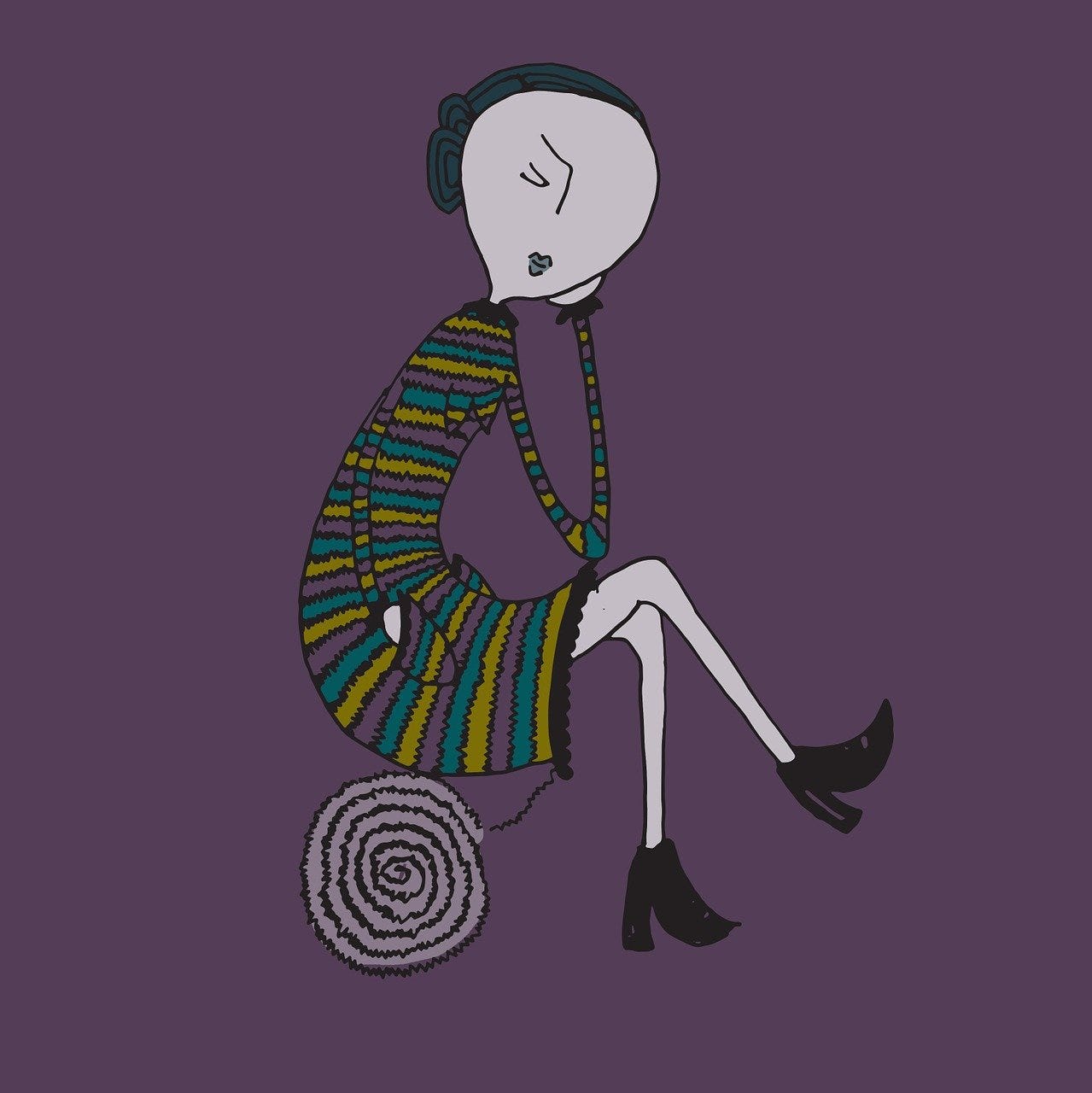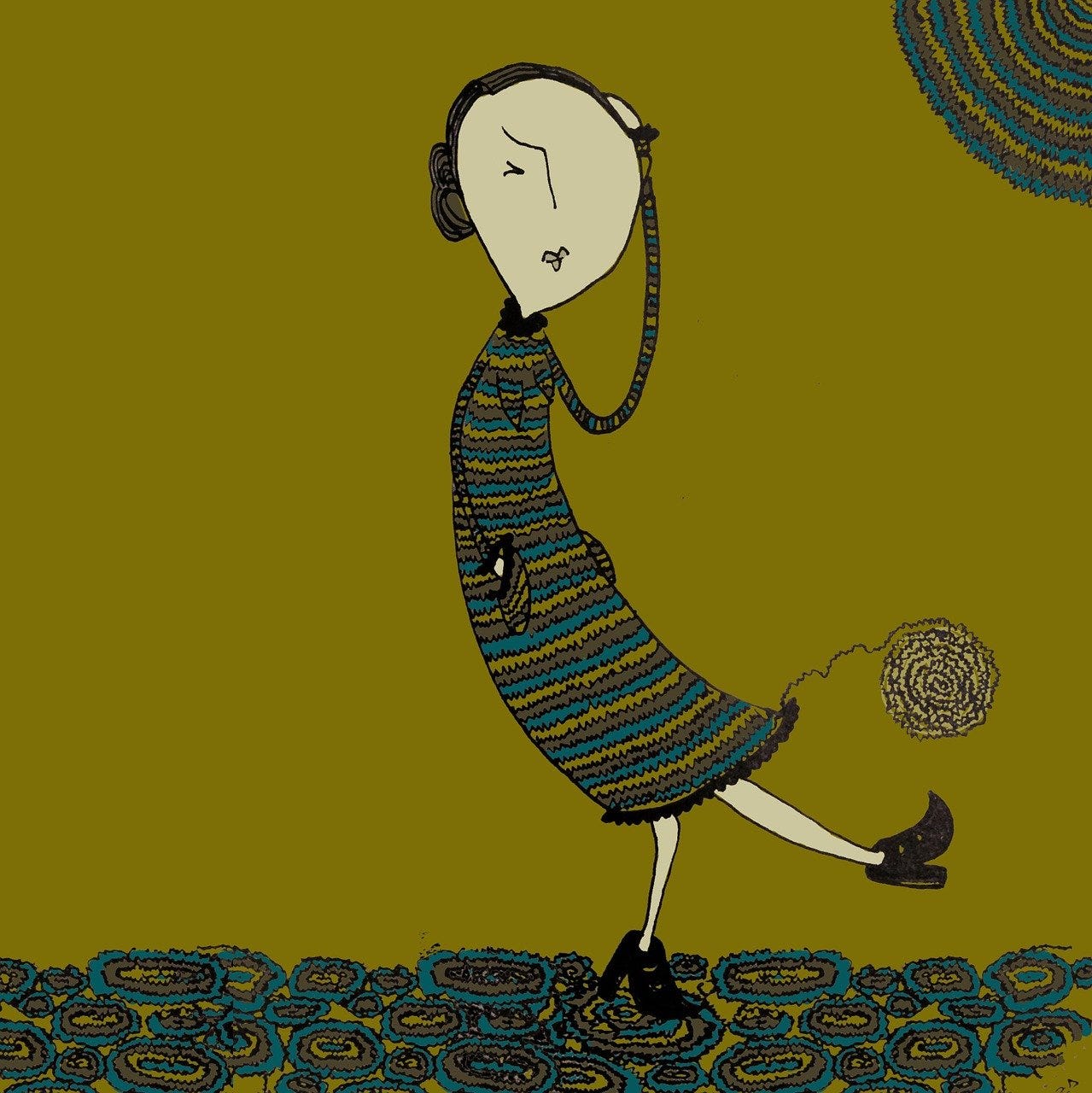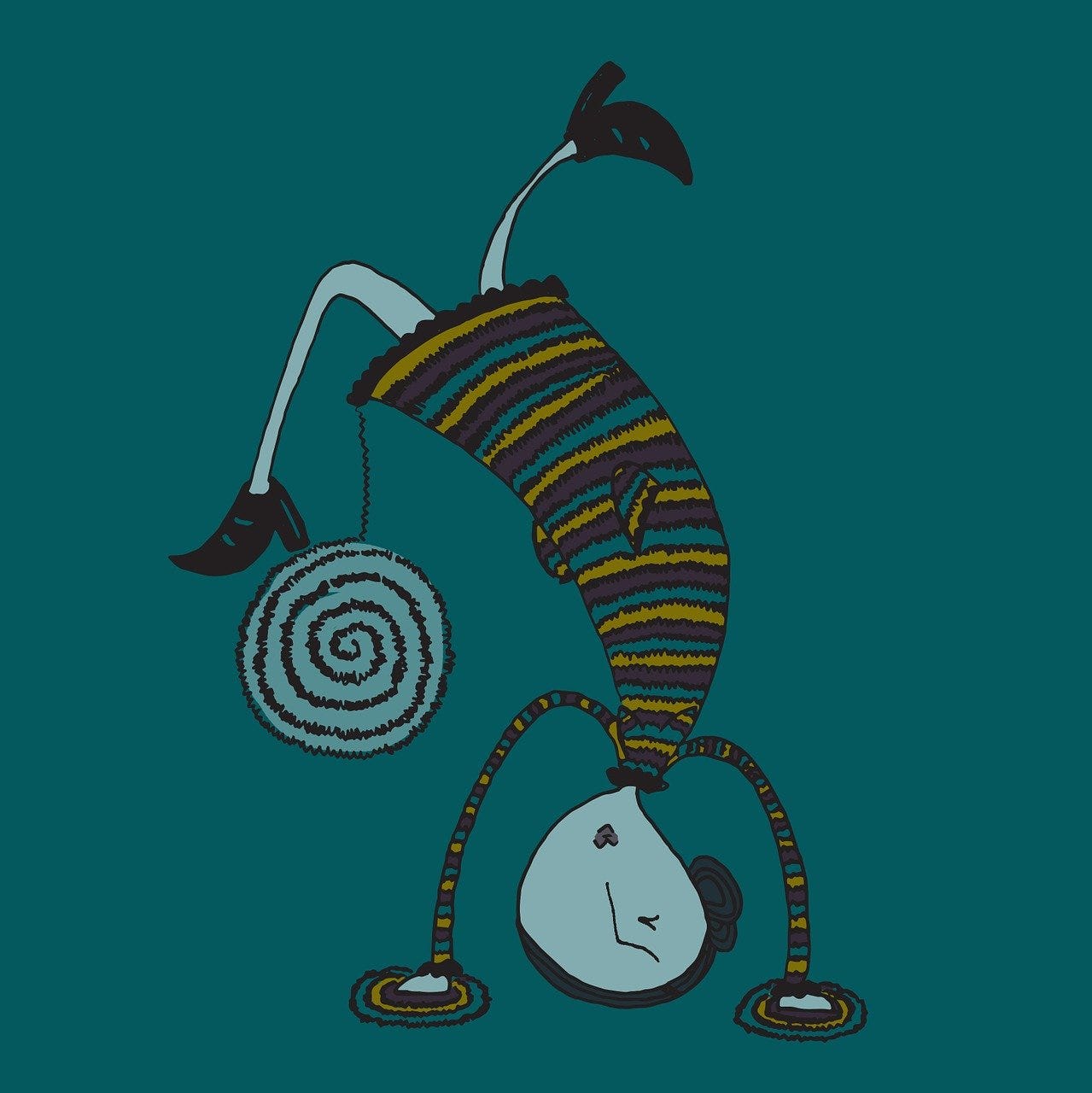Bravery takes practice. That’s what I want to talk about this week. Before I do, I want to make sure you know about the women’s writing retreat I am co-organizing with Liisa of
from January 16 to 19, 2024. At Retreat Creativity: Women’s Writing Retreat in Muskoka, we want women to take up space and dedicate their days to their writing. After the holiday season, you can carve out four days to focus on your craft and your creative mindset. We’ve found a beautiful part of Ontario to help you do that! Register today to join us at Hidden Valley Resort in Huntsville, ON and make a commitment to your writing. Book by December 15 to get the preferred room rates. All the details are at www.rekindlecreativity.com (Don’t forget the bonus: Included in the registration fee is a 1:1 book coaching session for all attendees!)And now, a second installment in my newsletter feature section, Writing on Purpose. Head over to my Substack webpage for all editions of The Book Case: Write for Readers.
Elbows Out: Rehearse Bravery

“Will you be adding your author’s biography to the manuscript before the next draft?”
I was working with a writer on her book project. She was confident in her manuscript and was preparing it for editing. We were meeting on a video call. Her belief in the intentions behind her project had given her the confidence to turn down some of my suggestions for revisions, and she had backed up her decisions with solid justifications.
Now, for a split second, I saw unease slide across her face.
“Oh. Hm. Is that what I should do now?”
Confidence is a fickle friend. It will desert you when you need it the most and leave you making small talk with the party guest you never liked. Imposter syndrome had entered the room and it was heading over to my author with two glasses of wine, ready for a gab.
IN MY CAREER, I have written and edited hundreds of author biographies. I was the editor of a small literary magazine for a long time, and we published close to twenty bios in each issue. When a subscriber flipped through the glossy pages to the Contributors page, they would not see what I did.
I saw people claiming space for themselves for the first time.
Open Minds Quarterly was started in 1997 as a means to share the voices of people living with mental illness. It was to be a newsletter, and it was for a year, but the response to it was so enthusiastic, it became a “psychosocial literary journal” in 1998. In it was published poetry, essays on encounters with illness and the path of recovery, short stories and first-person accounts. In those days, conversations about mental illness and mental health concerns were still held in private. It was important – and life saving, I believe – to give space to these stories.
Subscriptions came in from across Canada and the States, and by the time I took on the role of Editor–Publisher in 2003, there were 700 subscribers. OMQ was published in magazine format, and every three months we opened a box of glossy booklets fresh from the printer. In 2023, Open Minds Quarterly marked a quarter century of publication.1
In preparing each issue, I would need to check in with an author who had missed the deadline for submission of their bio. Often, the response I heard back was “I don’t know what to say.”

Print space was limited. I could give authors fifty to seventy-five words. When I sent the letter accepting a piece for publication, I would include a list of details the author could include in bio: your name, where you live, your hobbies, any school or career highlights or accomplishments you are proud of, past publications, the name of your pets.
That is not an easy request for many of our authors, many of whom were managing a difficult health matter that was contributing to challenges in other areas of life, like work, personal finances, family relationships, or friendships. Some writers, especially in those early days before mental health conversations became common, didn’t want their true names attached to their pieces. There was a stigma. They worried about outing themselves as crazy. They worried about their families, not only what their families would think, but what others would think of their families. The act of writing, submitting and publishing their work was a statement in itself. A request for a biography was sometimes viewed taking a step too far into scrunity. It asked for bravery. It asked for a writer to declare their right to personhood.
Like what you’re reading? Subscribe to get every issue of this newsletter.
“BUT WHAT DO I WRITE?” the writer asked me.
I ran through the options and showed some examples of author biographies. This was the right time to write a bio, I said, because it could be sent along with the manuscript for editing. But I knew, too, that this was an important step to take emotionally and mentally. Soon, the writer would be sending her work off to be evaluated by publishing professionals. It’s a vulnerable place to be if you haven’t shared your work publicly before.
It's true for all the expressive arts. I remember clearly standing backstage, ready to enter the scene of a high school play, knowing family and friends were in the seats behind the curtain. You are taking space, asking people to see you in a different light. In the spotlight.
Often, there’s a moment when you ask, “Who am I to do this?”
You ask this despite the fact you have dedicated yourself to your art form. You showed up for it when it was easier not to. You stretched your abilities to express yourself the best you can. And yet you want to shrink back, round your shoulders and shrug. you want to say, “It’s no big deal.”
When you’re stuck with a party guest you don’t like, what do you do? If you’re polite and people-pleasing, you stand there way too long listening. And doesn’t that glass of wine make it easier to put up with them? It takes a lot to permit yourself to say outright, “You know, this conversation isn’t why I’m here tonight. This isn’t how I want to spend my time. You’ll have to excuse me now.”
Be gentle with yourself. It takes practice. You can step into the limelight, and you can assert your personhood by starting small.
Before the book is published, before it is edited, before the beta readers give feedback, you can practice being brave. Like standing under the spotlight on stage in rehearsal before the live performance.
Write your biography. Make space for yourself. Take up space. Elbow out the doubt and shrug off the question “Who am I to do this?” You write. You are a writer. Let’s hear who you are.

I REMEMBER sitting with a magazine contributor who had been published for the first time. His life story was complicated, not always easy. Not all of his family members wanted to include him in their lives anymore. He was writing his way through it. I handed him his copies of the magazine and watched him flip through the magazine and stop on his poem. He was silent. His smile grew. He was proud. Then, he flipped to the About the Authors page and ran his eyes down to his bio and photo. He gulped and looked up.
“I look like a real writer. It looks like I did something.”
“You did,” I replied.
Write the biography early. Lay out the geographical map of you.
You don’t have to wait until the book is nearly in print to do it. Practice being vulnerable. Rehearse bravery.
Let’s hear from you!
When did you have to assert your right to space? What do you do to banish self-doubt? Tell me in the comments.
Do you need a book coach?
A book coach can work with you through your self-doubt. We can do more, too, like keep you accountable to your writing and publishing goals, provide feedback, offer guidance on the publishing process, or coach you through mindset issues. That’s what I do. If you want to find out more about how a book coach can help you, book a free 30-minute introductory call with me today.
Update: OMQ folded in 2024 due to organizational funding limits. Here’s a snapshot from the Wayback Machine.








This was so timely, Dinah. I had my group clients write sample bios this week and we had this very discussion. You're writing. You are a writer. Claim it. It's an act of vulnerability and empowerment.